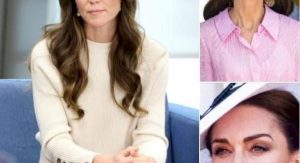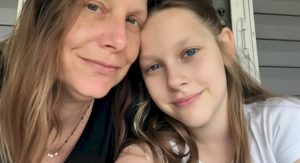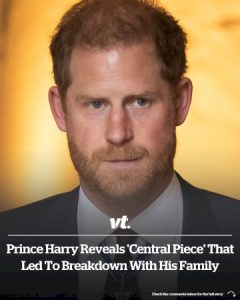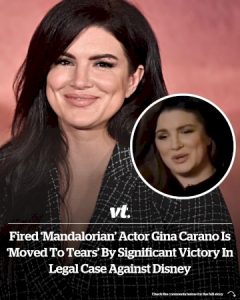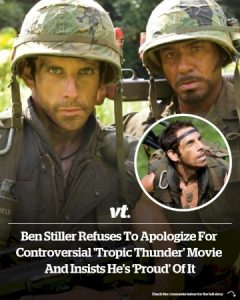
Prince Harry’s highly anticipated memoir, “Spare,” co-written by renowned ghostwriter JL Moringa, has taken the world by storm, selling over 3.2 million copies worldwide.
The memoir promised a raw and unfiltered account of Harry’s life, delving into his experiences in Afghanistan, his relationship with his late mother, and dropping truth bombs about the royal family.
However, the book has faced a barrage of complaints, raising concerns about its credibility.
Critics wasted no time in pointing out multiple factual errors shortly after the book’s release.
But it was during Harry’s recent courtroom cross-examination in a phone hack case that the truth about the memoir was exposed.
This revelation contradicted Prince Harry’s original commitment to publishing an exclusive and truthful account, as outlined in his $20 million contract with Penguin Random House.
During the court proceedings, Harry admitted to fabricating certain aspects of the book.
Observers noted his nervous demeanor, with the prince repeatedly licking his lips, fidgeting with his suit, and clearing his throat.
It seems that Prince Harry is now coming to terms with the potential consequences of his actions, as the mounting complaints and demands for refunds pose a significant financial burden.
There are even concerns that his future four-book deal, worth an estimated $35 to $40 million, may be in jeopardy.
In court, Mr. Green skillfully questioned Prince Harry, leading him to admit that he had fabricated parts of the memoir.
The prince acknowledged that the book contained details of a private disagreement between himself and his brother regarding a proposed meeting with Paul Burrell, their mother’s former butler.
Harry stated that the article sowed distrust between the brothers.
He further clarified that while the book accurately portrayed his brother’s willingness to meet with Burrell, he personally had made up his mind about the butler and firmly opposed the meeting at that point in his life.
He also expressed uncertainty about whether the meeting had actually taken place in 2003.
Andrew Green, the lawyer representing the Mirror Group, confronted Harry with a section from his 55-page witness statement, which directly contradicted the memoir.
The statement described Burrell’s tell-all as self-centered and self-justifying, accusing him of exploiting their mother’s disappearance for financial gain.
It detailed Harry’s strong reaction, expressing his desire to confront Burrell and even contemplating flying back home.
However, he claimed that phone conversations with his father and brother ultimately dissuaded him from taking such action.
During his live witness testimony, Green highlighted the inconsistencies between the two versions and asked Prince Harry to clarify which one was accurate.
Initially, Harry responded by stating that he had written the book at the age of 38, while the events described occurred when he was 18.
Green pressed further, emphasizing the importance of determining the truth.
Harry conceded that he likely wanted a meeting with Burrell but couldn’t recall with certainty due to his location in the Australian outback at the time.
The courtroom revelations have cast doubt on the authenticity and reliability of Prince Harry’s memoir.
As the complaints continue to pour in, Penguin Random House finds itself grappling with the fallout from this controversy.
The public’s trust in the prince’s account has been shaken, and the publisher must now navigate the delicate task of addressing the concerns raised by disappointed readers.
Only time will tell how this scandal will impact Prince Harry’s future literary endeavors and his relationship with the public.


